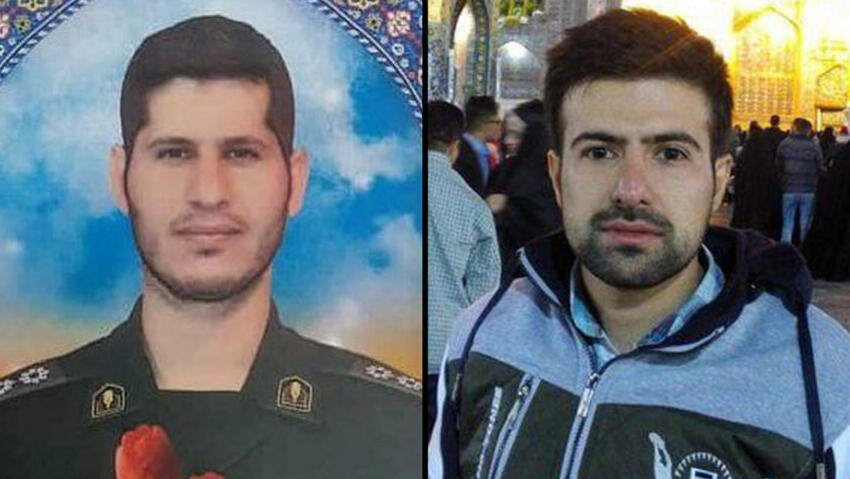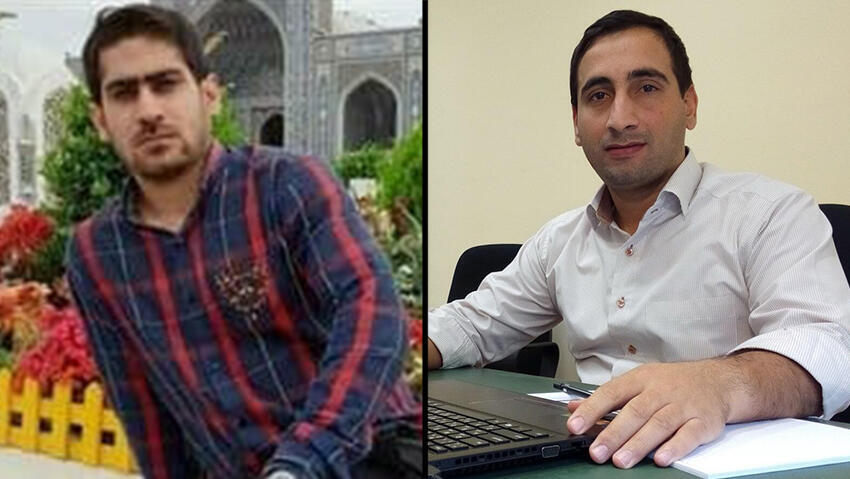Ali Kamani an officer in the Revolutionary Guard Corps air wing and scientist Mohammad Abdous, both reported killed in car accidents recently, by Iranian media outlets, had been developing weapons for Hezbollah, Iran International a UK based Iranian opposition site reported on Tuesday.
The site also claimed they did not die in traffic accidents while carrying out assignments as Iran had said but did not specify the cause of death.
The two men died in separate incidents, a source in the opposition group said but added they had held important jobs in the development of weapons systems for the Lebanon based Hezbollah terror group, which is known to have a considerable arsenal of missiles provided by Iran.
The Iranian Defense Ministry called the two martyrs.
Their deaths were added to a number of sudden demises of scientists and high ranking officers, in recent weeks.
The New York Times reported on Monday, that two weeks after two other Iranian scientists: Aeronautics engineer Ayoob Entezari and Kamran Aghamolaei, who was said to have worked at the Natanz nuclear facility had died mysteriously, the Islamic Republic suspected that Israel had poisoned them.
The Times report, which was based on sources close to the Iranian regime, highlighted the fact that the deceased were relatively young men who had both been suddenly taken ill at the end of May and early in June respectively, despite being in different and distant parts of the country.
Entezari's death was first reported as a poisoning but the paper now claims that Aghmolaie, )previously named Mollapour) had also been poisoned.
The New York Times said that if Iran's claims were true, Israel was intensifying its shadow war against Iran and reminded readers of Prime Minister Naftali Bennett's statement last week, that Israel had adopted a new strategy against Iran.
"Israel is operating against the many tentacles of Iranian terror, not only as it has done in past decades. The days of Iran having immunity when it strikes against Israel and spreads its terrorism via proxies, are gone. We are operating everywhere and all the time, and will continue to do so," Bennet said.




